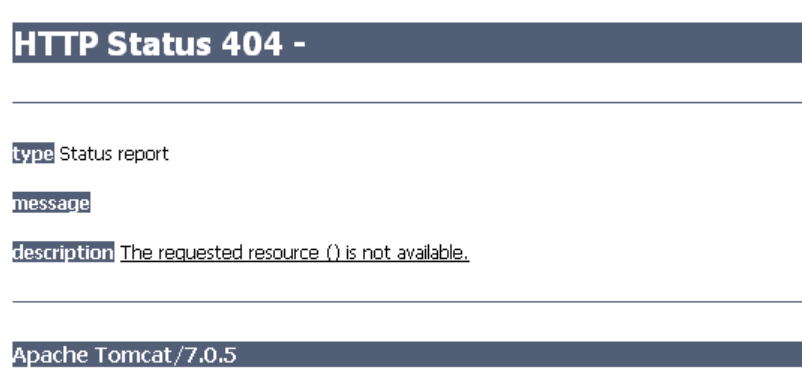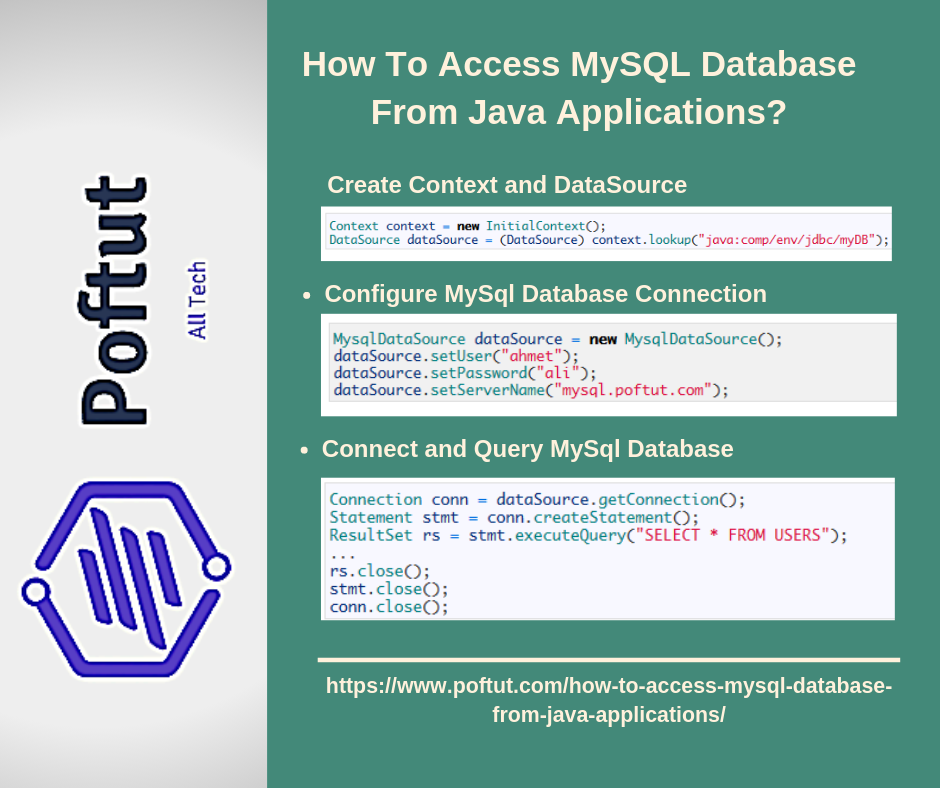先决条件: Java中的Equal和Hashcode方法 , 为什么要重写equal和hashcode方法
hashCode和equals方法 在Java采访中经常被问到。一般来说,我们没有 覆盖这两种方法 但是,当我们必须覆盖这两种方法时,存在一些场景/需求。其中一种情况是,我们将用户定义的对象存储在使用哈希算法的集合类中。i、 e.哈希表、哈希集和哈希映射。
采访问题: 创建一个包含每个员工地址的映射,并使用员工对象作为键。在此地图中存储一些员工的地址。现在创建一个方法,该方法接受Map和Employee对象作为参数,并返回该员工的地址。
方法1(不重写hashCode和equals方法)
// Java program to create a map of employee // and address Without overriding // hashCode and equals methods import java.util.HashMap; import java.util.Map; class Employee { private int empId; private String name; public Employee( int empId, String name) { this .empId = empId; this .name = name; } } class Address { private int houseNo; private String streetName; private String city; private int pinCode; public Address( int houseNo, String streetName, String city, int pinCode) { this .houseNo = houseNo; this .streetName = streetName; this .city = city; this .pinCode = pinCode; } public String getAddress() { return houseNo + ", " + streetName + ", " + city + ", " + pinCode; } } public class Test { public static String getAddress(Map map, Employee emp) { Address adrs = (Address)map.get(emp); return adrs.getAddress(); } public static void main(String[] args) { Employee emp1 = new Employee( 110 , "Sajid Ali Khan" ); Address adrs1 = new Address( 304 , "Marol Mahrisi" , "Mumbai" , 400069 ); Employee emp2 = new Employee( 111 , "Jaspreet Singh" ); Address adrs2 = new Address( 203 , "Seepz" , "Mumbai" , 400093 ); Map<Employee, Address> map = new HashMap<>(); map.put(emp1, adrs1); map.put(emp2, adrs2); System.out.println(Test.getAddress(map, new Employee( 110 , "Sajid Ali Khan" ))); } } |
输出:
Exception in thread "main" java.lang.NullPointerException
at Test.getAddress(Test.java:44)
at Test.main(Test.java:59)
我们希望输出是雇员的地址,但我们得到了NullPointerException,这是非常直接的。Map中的新雇员(110,“萨吉德·阿里·汗”)和争论中的新雇员(110,“萨吉德·阿里·汗”)是两个不同的例子。因此我们得到了NullPointerException 因为当我们做地图的时候。get(emp),它返回null。
方法2(覆盖hashCode和equals方法)
// Java program to create a map of employee // and address using overriding // hashCode and equals methods import java.util.HashMap; import java.util.Map; class Employee { private int empId; private String name; public Employee( int empId, String name) { this .empId = empId; this .name = name; } @Override public int hashCode() { final int prime = 31 ; int result = 1 ; result = prime * result + empId; result = prime * result + ((name == null ) ? 0 : name.hashCode()); return result; } @Override public boolean equals(Object obj) { if ( this == obj) return true ; if (obj == null ) return false ; if (getClass() != obj.getClass()) return false ; Employee other = (Employee)obj; if (empId != other.empId) return false ; if (name == null ) { if (other.name != null ) return false ; } else if (!name.equals(other.name)) return false ; return true ; } } class Address { private int houseNo; private String streetName; private String city; private int pinCode; public Address( int houseNo, String streetName, String city, int pinCode) { this .houseNo = houseNo; this .streetName = streetName; this .city = city; this .pinCode = pinCode; } public String getAddress() { return houseNo + ", " + streetName + ", " + city + ", " + pinCode; } } public class Test { public static String getAddress(Map map, Employee emp) { Address adrs = (Address)map.get(emp); return adrs.getAddress(); } public static void main(String[] args) { Employee emp1 = new Employee( 110 , "Sajid Ali Khan" ); Address adrs1 = new Address( 304 , "Marol Mahrisi" , "Mumbai" , 400069 ); Employee emp2 = new Employee( 111 , "Jaspreet Singh" ); Address adrs2 = new Address( 203 , "Seepz" , "Mumbai" , 400093 ); Map<Employee, Address> map = new HashMap<>(); map.put(emp1, adrs1); map.put(emp2, adrs2); System.out.println(Test.getAddress(map, new Employee( 110 , "Sajid Ali Khan" ))); } } |
输出:
304, Marol Mahrisi, Mumbai, 400069
我们得到了预期的输出,这是因为我们在代码中正确地重写了hashCode和equals方法。当我们做地图的时候。get(emp),它在内部调用我们的重写hashCode方法,该方法产生的hashCode与映射中用作键的employee对象的hashCode相同。
一旦找到正确的bucket,就会调用equals方法并匹配两个Employee对象的所有值。结果,我们得到了雇员对象的正确地址。
本文由 萨吉德·阿里·汗 .如果你喜欢GeekSforgek,并想贡献自己的力量,你也可以使用 贡献极客。组织 或者把你的文章寄到contribute@geeksforgeeks.org.看到你的文章出现在Geeksforgeks主页上,并帮助其他极客。
如果您发现任何不正确的地方,或者您想分享有关上述主题的更多信息,请写下评论。


![关于”PostgreSQL错误:关系[表]不存在“问题的原因和解决方案-yiteyi-C++库](https://www.yiteyi.com/wp-content/themes/zibll/img/thumbnail.svg)






